Getting older makes everything a little more difficult even if the weather is great and time are good. If the winters get wicked where you’re at, things can really get tough. There are some things that you should do to make sure that you’re ready when tough weather hits, especially if SHTF during winter.
Even if the disaster is short-lived, such as a blizzard that temporarily knocks out power, you still need to be prepared. This list of essential to-do’s for oldies will help you make it through no matter what happens.
Weatherproof Your House
Keeping warm is the first thing that you need to worry about, especially if you lose your primary source of heating when SHTF. Most modern houses are built to be energy-efficient, which means that they hold the heat (or the cool) in well. If you have an older house, you may not be so lucky. Here are a few ways to keep your house warm and toasty. Some are expensive but others aren’t, so just do what you can.
- Put weatherstrips around your doors and windows to stop leaks
- Make sure that your insulation is good
- Fix any leaks in your roof
- Make sure that your chimney flu works properly if you have a fireplace – you lose a ton of heat this way!
- Add plastic coverings to the insides of your windows for an added layer of insulation
- Use heavy drapes in the winter
- Make sure that holes through your walls or roof by pipes or electrical wiring are well-caulked so that drafts can’t sneak in and heat can’t pour out around them
- Replace your screen door with a storm door
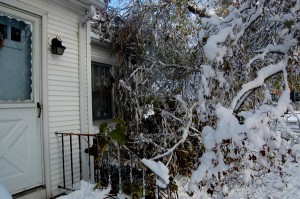
Make sure that there are no branches hanging over your house that could break and do damage. Also, clean up any debris that may be lying around that could either blow through a window or cause you to trip if it becomes covered with snow and you can’t see it. Broken hips are much worse than broken windows but it’s best to avoid both!
Install a Wood-Burning Stove
If you heat with electric or gas and you lose those utilities when SHTF, it will only stay warm for so long. Also, you’ll have no way to cook. A wood-burning stove is the perfect solution for both problems. It may be a bit pricey to buy and install but it’s a worthy investment if it keeps you from freezing to death.
You’ll need a good supply of wood and you don’t want to traipse too far to get it, so put at least a few days’ worth of wood where you can safely reach it even in blizzard or hail conditions.
Stockpile Medications
Especially if you’re on life-sustaining medications such as heart or blood pressure pills, you need to have at least a month’s supply stored at all times. Rotate them so that the ones that you are storing are the newest ones because medications do expire.
It’s also a good idea to know about natural ways to replace your medications and grow those ingredients so that if you should run out of your meds, you can take other steps to survive without them. Keeping a book on herbal remedies is a great idea because then you’ll have a guide to reference for dosages and other information.
Use Manageable Containers for Storage
As we get older, things get harder to lift, open, or carry so be sure to use containers that you can manage by yourself. Five-gallon buckets are great to store water in, but are you going to be able to move that bucket once it’s full? It’s no good to you if you can’t use it.
The same thing goes for medication bottles, jars or other containers that are difficult to open if you have arthritis or other conditions that reduce your strength or ability.
Stock Plenty of Food and Supplies
It may seem like a no-brainer, but the bottom line is that you probably aren’t the great hunter/gatherer that you were when you were 20 or 30 years younger.
You may not be able to go out and shoot a deer or even walk to the neighbor’s to borrow food if you’re older or house-bound. You need to make sure that you have plenty of food and medical supplies to get you through if SHTF.
Stay Physically Fit
Just because you’re older doesn’t mean that you can’t be physically fit. Being healthy will go a long way toward helping you survive a SHTF situation. Even if you can’t “work out” you can still do exercises to help stay slim and keep your muscles stay as strong as possible.
Have a Plan
Work with your neighbors to make sure that everybody stays safe and is checked on.
If you don’t think that you can make it through a disaster on your own, make plans so that you aren’t alone if the situation is foreseeable. If not, make a buddy plan so that somebody stops in and checks on you.
If you’re able to get about freely, offer to do the same for a neighbor who may not be as fortunate.
We hope that this list of essential to-do’s for oldies will help get you ready to survive winter if SHTF. We know that we probably missed a ton of excellent suggestions, so feel free to share any more ideas with everybody in the comments section below.
This article has been written by Theresa Crouse for Survivopedia.


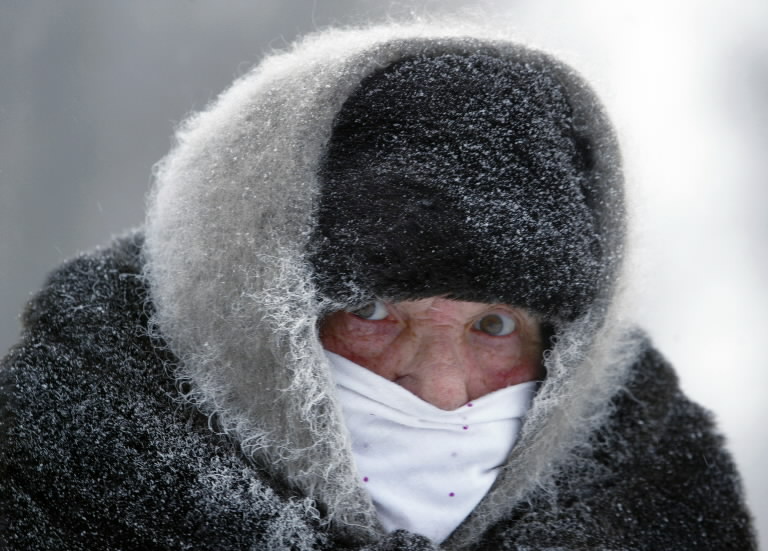
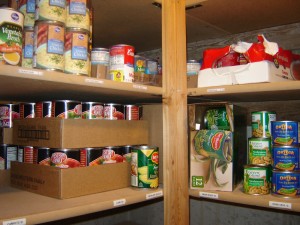
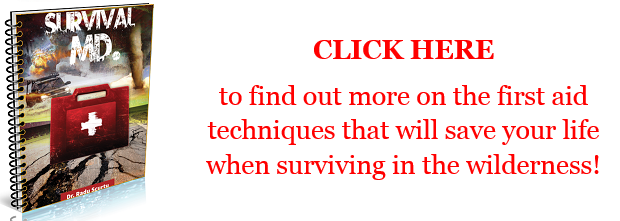
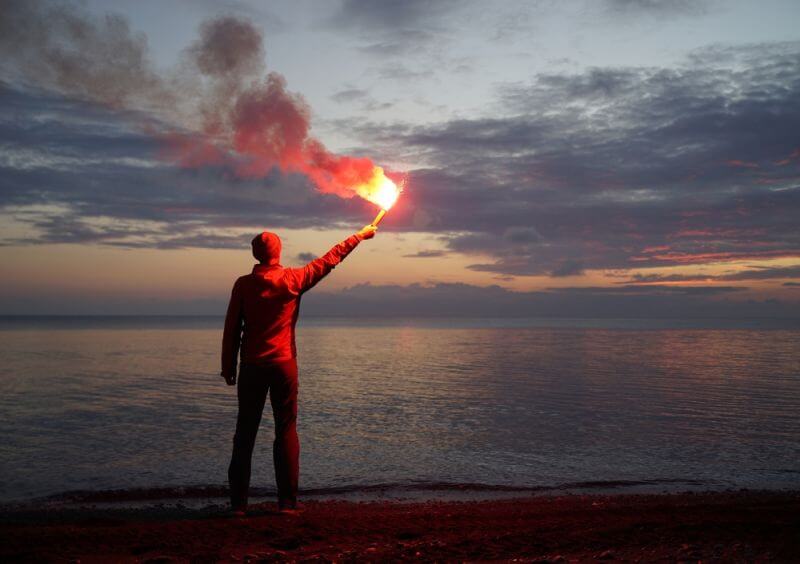
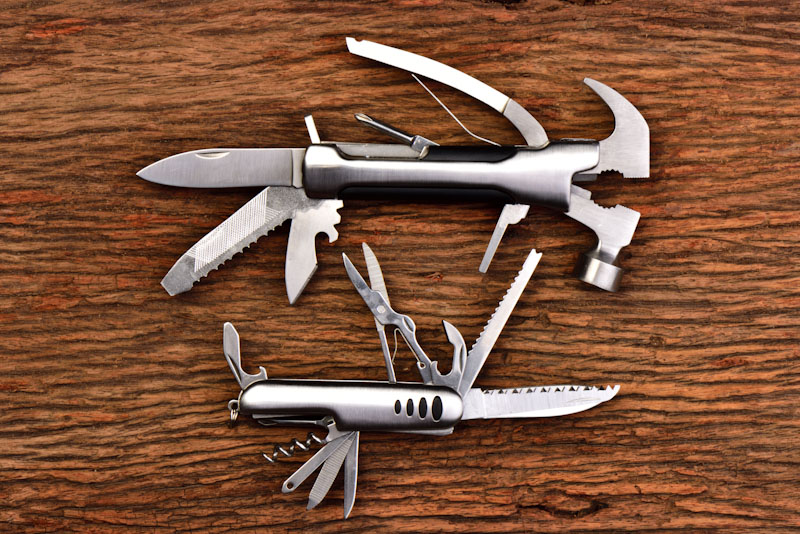
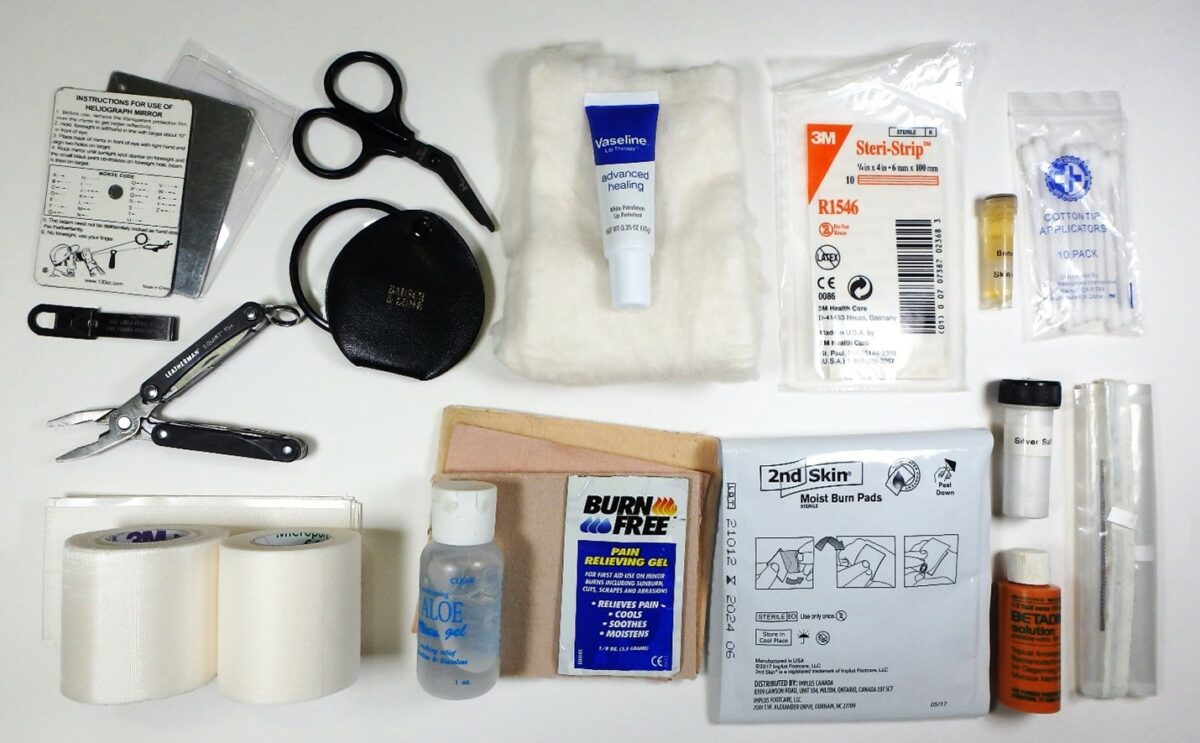

Old Food | January 14, 2014
|
We have a wood burner in our airtight home which presents it’s own set of problems with oxygen. We found out the hard way that if a wood burner in an airtight home doesn’t get enough oxygen, it just smolders giving very little heat. Opening a nearby window when it’s freezing outside worked but proved kind of counterproductive for heating. I had to install a separate make up air line from my attic directly into the back of the wood burner via flex hose through the wall so as not to destroy the esthetics of the decor. It was a lot of work that we didn’t expect. Moral: whatever you are planning, use it and experiment with it first or Mr Murphy will be sure to pay you a visit but after TSHTF, it won’t be Mr Murphy, it will be Doctor Murphy!
Deborah | January 16, 2014
|
You mentioned five gallon buckets in your article. I have found that bakery departments will sell cheaply or give their excess buckets on request. They are three gallon which makes them much easier to carry and I use them for many things. The best thing about them is that they are made from food grade plastic and have rubber O rings in the lids for a tight seal.
gene | January 16, 2014
|
if power goes have a help call-911 sign that you can tape to your front door to attract attentionin case of a emergency.
Deborah | January 17, 2014
|
Please pay attention. Meds do not expire! Pills and capsules will slowly, over a period of years, lose effectiveness. While liquids, especially those requiring refrigeration, will lose their effectiveness much quicker. Whether it is OTC or RX keep it.
Old Food | January 17, 2014
|
It is very true that most meds don’t expire but there is an exception: some (not all) heart meds actually become toxic over time. Anyone who takes heart meds should check with a local pharmacist who would know if yours will or not just to be sure.
Heidi | February 16, 2014
|
Since I have 4 cats, I go through a lot of cat litter, which is often sold in sturdy plastic buckets and containers..with lids. The containers are 3-5 gal, and are good for storing water, and the buckets are square-sided, 3-5 gal, with tight lids. The dust from the litter needs to be cleaned out, but the buckets have good handles, stack nicely, and are built ergonomically so little old ladies can lift them easier. Besides, one of the larger buckets with a bit of litter in it would be better as a toilet than a water toilet you can’t flush.
Fox | September 29, 2014
|
I used to hate winter, even as a kid. That all stopped after I attended Cold Weather Operations school when I was in the Marines.
Buy some good books on winter survival. Check with your library. They sell old books after a time, and cheap. Check used book stores too. Get a copy of a Boy Scout manual, if possible. Best survival guide there ever was.
Most people over dress for cold weather. The number one cold weather injury is heat exhaustion! You should dress so you feel SLIGHTLY chilly when idle. You will warm up quickly with any physical activity. Start with polypropylene underwear and socks, then over-sized socks. Military snow boots can’t be beat and are available seasonally at surplus stores and gun shows. A good military parka and snow pants with a good felt cap or knit cap to wear under the hood of your parka. Flight gloves should be worn as contact gloves under military mittens. Contact gloves are necessary so that when you take off your mittens you don’t get stuck to a water pump handle until next spring! Good quality goggles and sun glasses are a necessity if you have to travel in snow. You can go snow blind rather quickly if the ground is covered in snow on a bright sunny day.
If you must travel, only buy snow shoes if you are in EXCELLENT shape! They will wear out even an athlete very quickly. Buy and learn to use cross county snow skis. Make sure you buy only poles and skis that fit your stature. You can carry some gear in a well distributed load back pack with frame, or, and I highly recommend, a cargo snow sled like the Akio that the military uses. These can be towed manually or behind an off road vehicle. They are large enough to carry a tent, blankets, bed rolls, stove, water, fuel cans, picks, shovels, axes and even firearms and ammunition. A good two way radio with extra batteries could also be carried in the Akio. Injured personal can also be moved in this sled, but make sure you keep them warm. If you have dogs, teach them to pull it. Make a game of it and they’ll love it. Only use good sized dogs and six would be ideal. Even one will be a help if you would otherwise be pulling it alone.
My two teenaged boys and I spent 3 days out in the Wisconsin winter one January. All we carried was the clothes on our backs, a Kabar knife each, and a canteen, cup, and case. We built a lean to type shelter out of available materials, over a hole we dug six inch deep that was six by six feet square, filled it with hot coals, covered it with loose earth, then pine needles and pine boughs, and made a plug to pull in to the opening after we went inside. It got so warm in there we actually wound up stripping down to our underwear, and it was well below 20 below zero outside, even at the warmest.
These are winter survival suggestions, but dove tail nicely with prepping for winter in a SHTF scenario.